Home>Furniture & Design>Interior Design Trends>How To Clean Glass Without Glass Cleaner
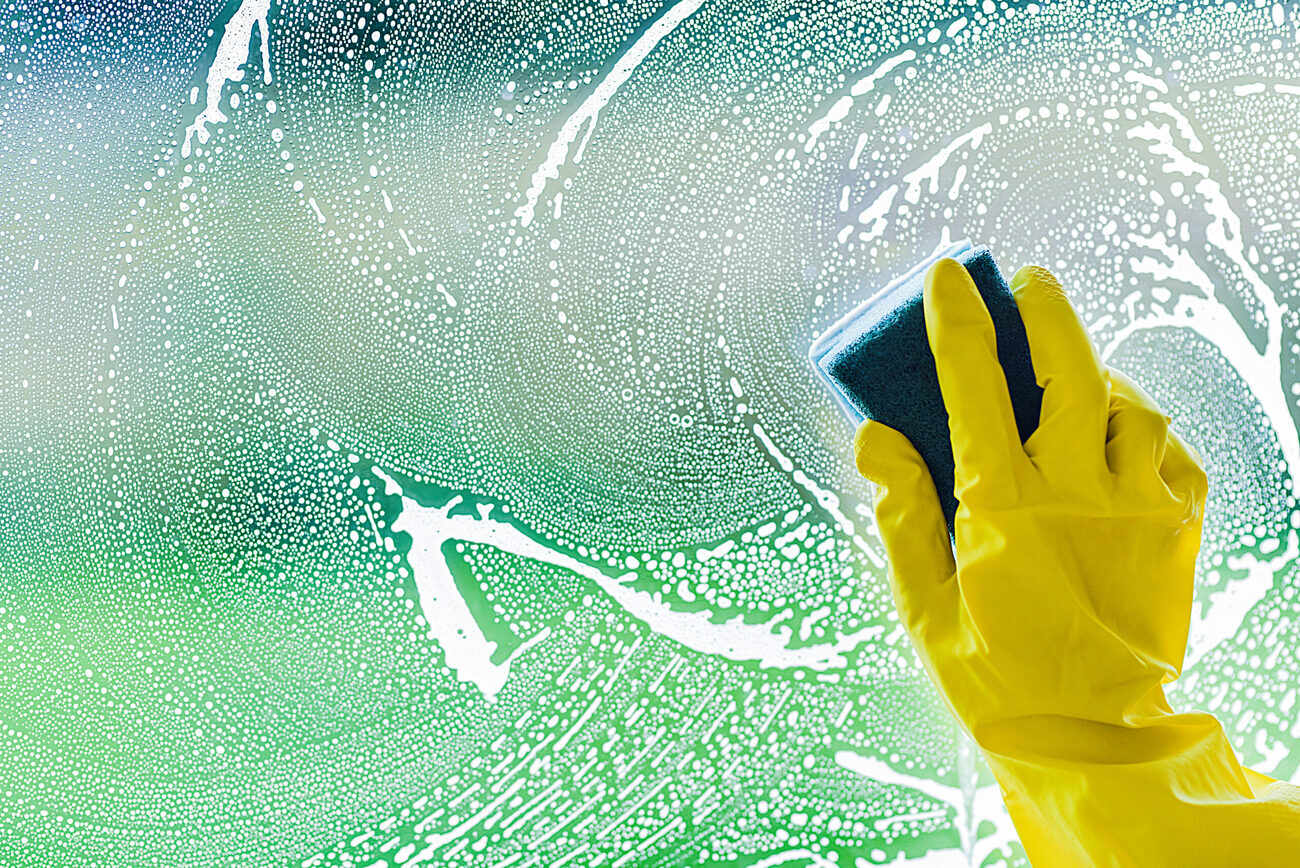

Interior Design Trends
How To Clean Glass Without Glass Cleaner
Modified: April 21, 2024
Discover eco-friendly ways to clean glass surfaces without using glass cleaner. Explore interior design trends for a sparkling, streak-free finish.
(Many of the links in this article redirect to a specific reviewed product. Your purchase of these products through affiliate links helps to generate commission for Storables.com, at no extra cost. Learn more)
Introduction
Cleaning glass surfaces without using commercial glass cleaners is not only cost-effective but also environmentally friendly. Many people are unaware that common household items can be used to achieve streak-free and sparkling clean glass. Whether it's windows, mirrors, or glass tabletops, there are several effective methods for achieving a pristine finish without the need for specialized cleaning products.
In this article, we will explore four simple and natural methods for cleaning glass without relying on traditional glass cleaners. Each method utilizes readily available household items, making them convenient and budget-friendly alternatives. By following these techniques, you can maintain a crystal-clear shine on your glass surfaces while minimizing your environmental impact.
From using vinegar and water to harnessing the power of baking soda and lemon juice, these methods offer a sustainable approach to achieving spotless glass surfaces. Additionally, we will delve into the technique of using newspaper and water to polish glass, providing an unexpected yet effective solution for achieving a streak-free finish.
By embracing these natural cleaning methods, you can reduce your reliance on chemical-laden cleaning products while still achieving exceptional results. Whether you're seeking to clean your windows, glass doors, or mirrors, these techniques offer a safe and eco-friendly way to maintain the clarity and brilliance of your glass surfaces.
Join us as we explore these innovative and practical approaches to cleaning glass without glass cleaner, and discover how simple household items can transform the way you maintain the shine and transparency of your glass surfaces.
Key Takeaways:
- Say goodbye to commercial glass cleaners! Clean your glass surfaces with vinegar, baking soda, lemon juice, or even newspaper and water for a cost-effective, eco-friendly, and streak-free shine.
- Embrace natural cleaning methods for glass to reduce reliance on harsh chemicals, minimize environmental impact, and achieve professional-quality results using everyday household items.
Read more: How To Clean Mirrors Without Glass Cleaner
Method 1: Vinegar and Water Solution
One of the most effective and versatile natural cleaners for glass surfaces is a simple solution of vinegar and water. This method is not only cost-effective but also environmentally friendly, making it an ideal choice for those seeking a sustainable approach to cleaning. By harnessing the acidic properties of vinegar and the cleaning power of water, you can achieve a streak-free and sparkling finish on your glass windows, mirrors, and tabletops.
To create this potent cleaning solution, simply combine equal parts of distilled white vinegar and water in a spray bottle. The acidic nature of vinegar makes it highly effective in breaking down grease, grime, and mineral deposits that often accumulate on glass surfaces. When mixed with water, vinegar becomes a powerful yet gentle cleaner that is safe for use on most types of glass.
Once the vinegar and water solution is prepared, generously spray it onto the glass surface that requires cleaning. Using a lint-free microfiber cloth, gently wipe the glass in circular motions, ensuring that the entire surface is covered. The microfiber cloth is essential for achieving a streak-free finish, as it effectively absorbs the cleaning solution and lifts away dirt and residue without leaving behind lint or streaks.
For stubborn stains or particularly dirty areas, allow the vinegar and water solution to sit on the glass for a few minutes before wiping it clean. This extra dwell time allows the acidic properties of the vinegar to penetrate and dissolve tough grime, making it easier to remove.
After wiping the glass surface, use a dry microfiber cloth to buff the glass to a brilliant shine. This final step ensures that any remaining moisture or streaks are eliminated, leaving the glass surface immaculately clean and clear.
The vinegar and water solution is not only effective for cleaning glass but also offers the added benefit of being a natural disinfectant. Vinegar's antimicrobial properties make it an excellent choice for eliminating bacteria and germs, further enhancing the cleanliness of your glass surfaces.
By utilizing this simple yet powerful method, you can achieve professional-quality results without the need for harsh chemicals or commercial glass cleaners. The vinegar and water solution provides a safe, eco-friendly, and budget-conscious approach to maintaining the pristine appearance of your glass windows, mirrors, and tabletops.
Method 2: Baking Soda and Water Paste
Another effective and natural method for cleaning glass surfaces involves the use of a simple yet powerful paste made from baking soda and water. This method offers a gentle yet abrasive cleaning action, making it ideal for removing stubborn stains, grease, and grime from glass windows, mirrors, and tabletops.
To create the baking soda and water paste, start by mixing baking soda with a small amount of water in a bowl. Gradually add water and stir the mixture until it forms a thick, spreadable paste. The abrasive nature of baking soda makes it an excellent choice for tackling tough stains and residue on glass surfaces, while its mild properties ensure that it won't scratch or damage the glass.
Once the paste is prepared, apply it generously to the glass surface that requires cleaning. Using a soft, damp cloth or sponge, gently spread the paste over the glass, ensuring that the entire surface is covered. The mild abrasive action of the baking soda paste works to lift away dirt and grime, while its alkaline nature helps to neutralize acidic substances and dissolve grease and oils.
After applying the paste, allow it to sit on the glass for a few minutes to allow the cleaning action to take effect. For particularly stubborn stains or buildup, gently scrub the glass surface with the paste using circular motions. This targeted scrubbing action helps to dislodge and lift away tough residue, restoring the glass to a pristine condition.
Once the paste has been applied and any necessary scrubbing completed, thoroughly rinse the glass surface with clean water to remove the baking soda residue. Use a lint-free microfiber cloth to dry the glass, ensuring that any remaining moisture or streaks are eliminated. The result is a sparkling clean and streak-free glass surface that has been effectively cleansed using a natural and gentle method.
The baking soda and water paste method offers a safe, eco-friendly, and budget-conscious approach to cleaning glass without the need for commercial cleaners. By harnessing the natural cleaning power of baking soda, you can achieve remarkable results while minimizing your environmental impact and reducing your exposure to harsh chemicals. This method is particularly useful for those seeking a natural and effective solution for maintaining the clarity and brilliance of their glass surfaces.
Mix equal parts of vinegar and water in a spray bottle. Spray the solution onto the glass and wipe it clean with a microfiber cloth for a streak-free shine.
Method 3: Lemon Juice and Water Solution
An alternative natural method for achieving spotless glass surfaces involves the use of a simple yet potent solution made from lemon juice and water. This method harnesses the natural cleaning and degreasing properties of lemon juice, offering a refreshing and eco-friendly approach to maintaining the clarity and brilliance of glass windows, mirrors, and tabletops.
To create the lemon juice and water solution, begin by combining equal parts of freshly squeezed lemon juice and water in a spray bottle. The acidic nature of lemon juice makes it an effective degreaser and cleaner, capable of breaking down stubborn residue and grime that often accumulates on glass surfaces. When mixed with water, lemon juice becomes a gentle yet powerful cleaning solution that is safe for use on most types of glass.
Once the solution is prepared, generously spray it onto the glass surface that requires cleaning. Using a lint-free microfiber cloth, gently wipe the glass in circular motions, ensuring thorough coverage of the entire surface. The microfiber cloth effectively absorbs the cleaning solution and lifts away dirt and residue without leaving behind lint or streaks, resulting in a streak-free and sparkling finish.
For areas with persistent stains or heavy buildup, allow the lemon juice and water solution to sit on the glass for a few minutes before wiping it clean. This additional dwell time allows the acidic properties of the lemon juice to penetrate and dissolve tough grime, making it easier to remove.
After wiping the glass surface, use a dry microfiber cloth to buff the glass to a brilliant shine. This final step ensures that any remaining moisture or streaks are eliminated, leaving the glass surface immaculately clean and clear.
The lemon juice and water solution not only provides exceptional cleaning power but also imparts a fresh and invigorating scent to the cleaned surfaces. The natural degreasing properties of lemon juice make it an excellent choice for removing oily residues and fingerprints, leaving the glass surfaces looking pristine and revitalized.
By utilizing this natural and aromatic method, you can achieve professional-quality results without the need for harsh chemicals or commercial glass cleaners. The lemon juice and water solution offers a safe, eco-friendly, and budget-conscious approach to maintaining the pristine appearance of your glass windows, mirrors, and tabletops. Embracing this method allows you to enjoy the refreshing scent of lemon while achieving sparkling clean glass surfaces in an environmentally responsible manner.
Method 4: Newspaper and Water
Using newspaper and water to clean glass surfaces may seem unconventional, but it is a surprisingly effective and eco-friendly method that can deliver streak-free results. This technique harnesses the unique properties of newspaper, combined with the gentle cleaning power of water, to achieve sparkling clean glass windows, mirrors, and tabletops.
To begin, dampen a sheet of newspaper with water, ensuring that it is moist but not dripping. The mild abrasiveness of the newspaper, combined with its absorbent nature, makes it an excellent tool for lifting away dirt and residue from glass surfaces. Unlike paper towels or cloth, newspaper does not leave behind lint or fibers, resulting in a streak-free finish.
Once the newspaper is dampened, use it to wipe the glass surface in circular motions, ensuring thorough coverage. The newspaper effectively absorbs the water and lifts away dirt and grime, leaving the glass surface clean and clear. For larger areas, it may be necessary to use multiple sheets of newspaper to ensure complete coverage and effective cleaning.
As you continue to wipe the glass with the damp newspaper, you will notice that the surface begins to dry to a streak-free shine. The absorbent nature of the newspaper, combined with its slight abrasiveness, helps to polish the glass and eliminate any remaining moisture or streaks, resulting in a pristine finish.
This method is particularly useful for quick touch-ups and routine maintenance of glass surfaces. It is a convenient and budget-friendly alternative to commercial glass cleaners, offering a sustainable approach to achieving spotless glass without the use of harsh chemicals.
By utilizing newspaper and water for glass cleaning, you can reduce your environmental impact while still achieving professional-quality results. This method is especially beneficial for those seeking a natural and eco-friendly approach to maintaining the clarity and brilliance of their glass surfaces.
Incorporating this unconventional yet effective technique into your cleaning routine allows you to embrace a sustainable and innovative method for achieving streak-free and sparkling clean glass surfaces. With just a sheet of damp newspaper and water, you can transform the way you maintain the shine and transparency of your glass windows, mirrors, and tabletops.
Read more: How To Clean Without A Vacuum Cleaner
Conclusion
In conclusion, the art of cleaning glass surfaces without traditional glass cleaners offers a myriad of benefits that extend beyond achieving a sparkling finish. By exploring natural and eco-friendly methods using everyday household items, individuals can elevate their cleaning routines while minimizing their environmental impact and reducing exposure to harsh chemicals.
The methods discussed in this article, including the use of vinegar and water, baking soda and water paste, lemon juice and water solution, and newspaper and water, showcase the versatility and effectiveness of natural cleaning techniques. These methods not only deliver exceptional results but also promote sustainability and cost-effectiveness, making them accessible to a wide range of individuals seeking to maintain the clarity and brilliance of their glass surfaces.
By harnessing the acidic properties of vinegar, the mild abrasiveness of baking soda, the natural degreasing power of lemon juice, and the unique properties of newspaper, individuals can achieve streak-free and immaculately clean glass surfaces without relying on commercial glass cleaners. These methods offer a holistic approach to cleaning, addressing both the visual appearance and the environmental impact of traditional cleaning practices.
Furthermore, the incorporation of natural ingredients and household items into glass cleaning routines aligns with the growing trend of eco-conscious living. As individuals seek sustainable alternatives in various aspects of their lives, embracing natural cleaning methods for glass surfaces becomes a meaningful step toward reducing the reliance on chemical-laden products and minimizing ecological footprint.
In addition to the environmental benefits, these natural cleaning methods offer a budget-friendly approach that is accessible to a wide audience. With common household items such as vinegar, baking soda, lemon juice, and newspaper, individuals can achieve professional-quality results without the need for expensive or specialized cleaning products. This accessibility makes natural glass cleaning methods an attractive option for those looking to streamline their cleaning routines while prioritizing sustainability.
In essence, the exploration of natural methods for cleaning glass without glass cleaner underscores the potential for innovation and creativity in everyday cleaning practices. By embracing these methods, individuals can transform the way they approach glass cleaning, infusing it with sustainability, cost-effectiveness, and a deeper connection to natural cleaning solutions. As the demand for eco-friendly and natural cleaning alternatives continues to rise, these methods offer a compelling and practical way to achieve pristine glass surfaces while aligning with sustainable living principles.
Frequently Asked Questions about How To Clean Glass Without Glass Cleaner
Was this page helpful?
At Storables.com, we guarantee accurate and reliable information. Our content, validated by Expert Board Contributors, is crafted following stringent Editorial Policies. We're committed to providing you with well-researched, expert-backed insights for all your informational needs.
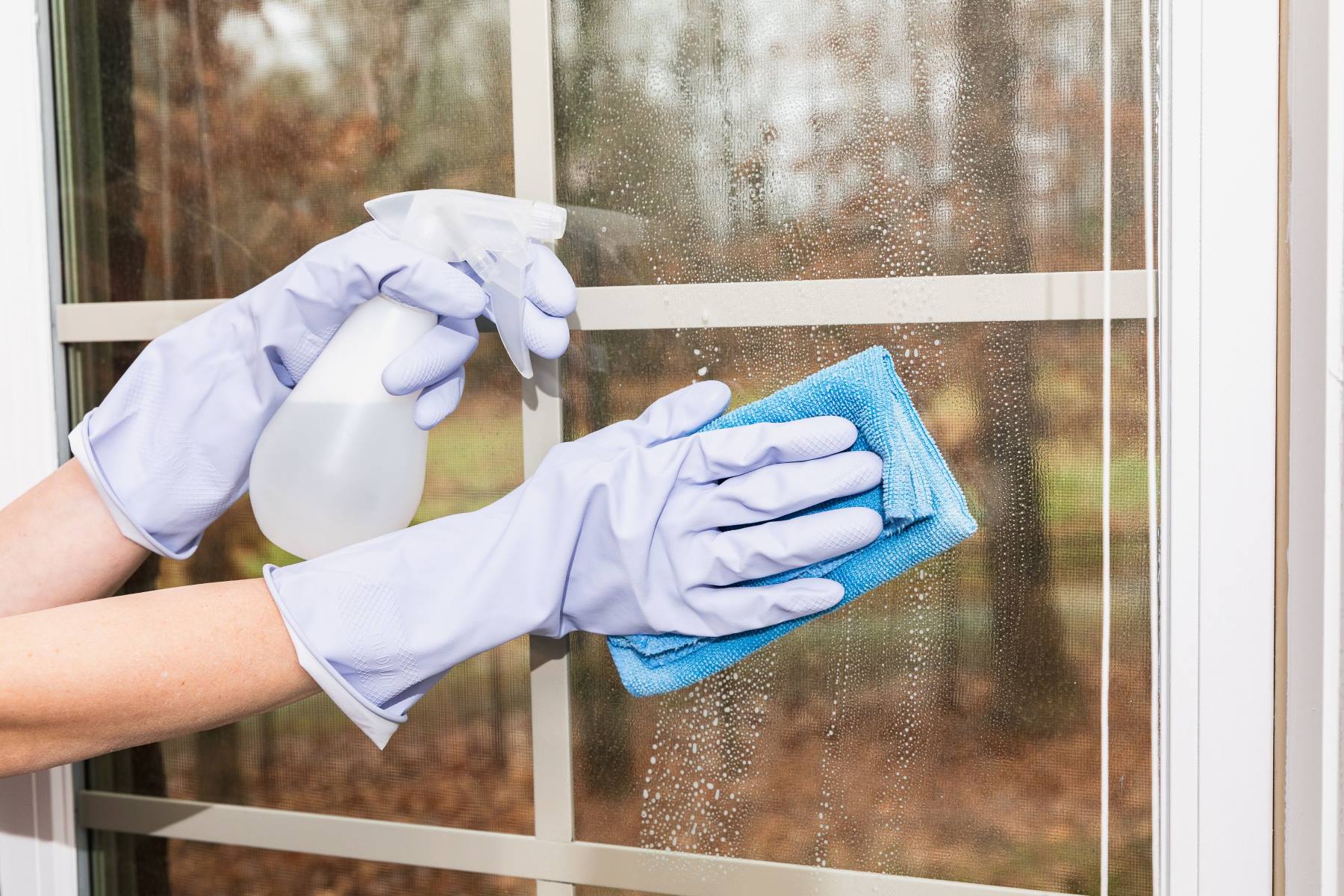
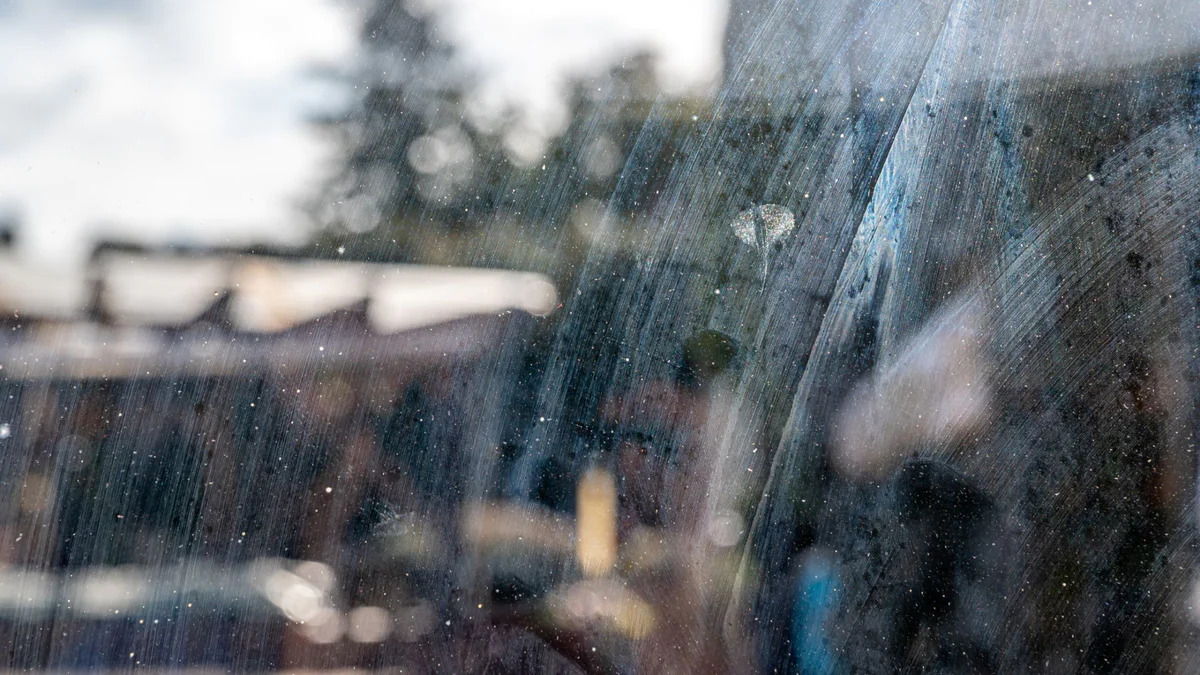
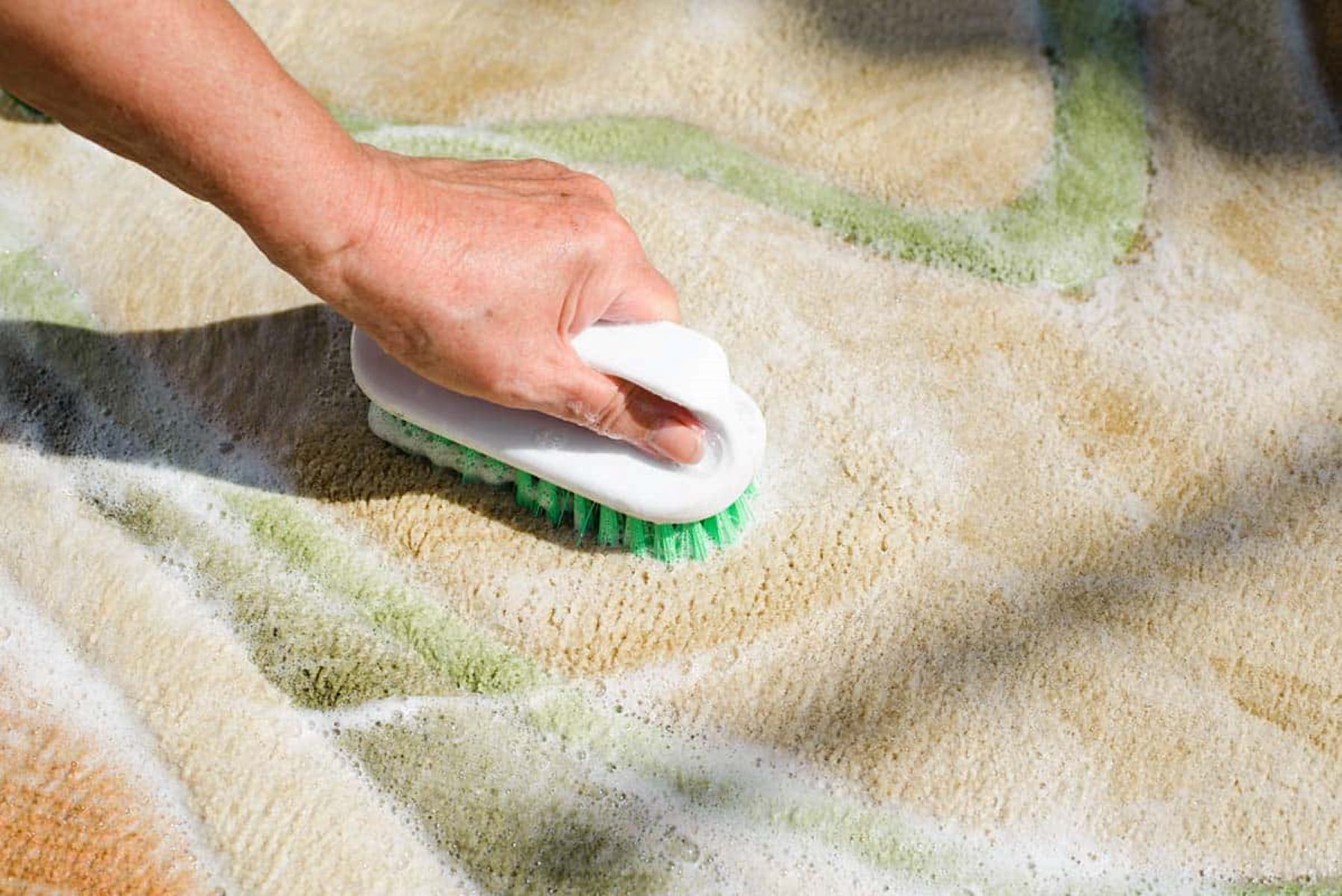
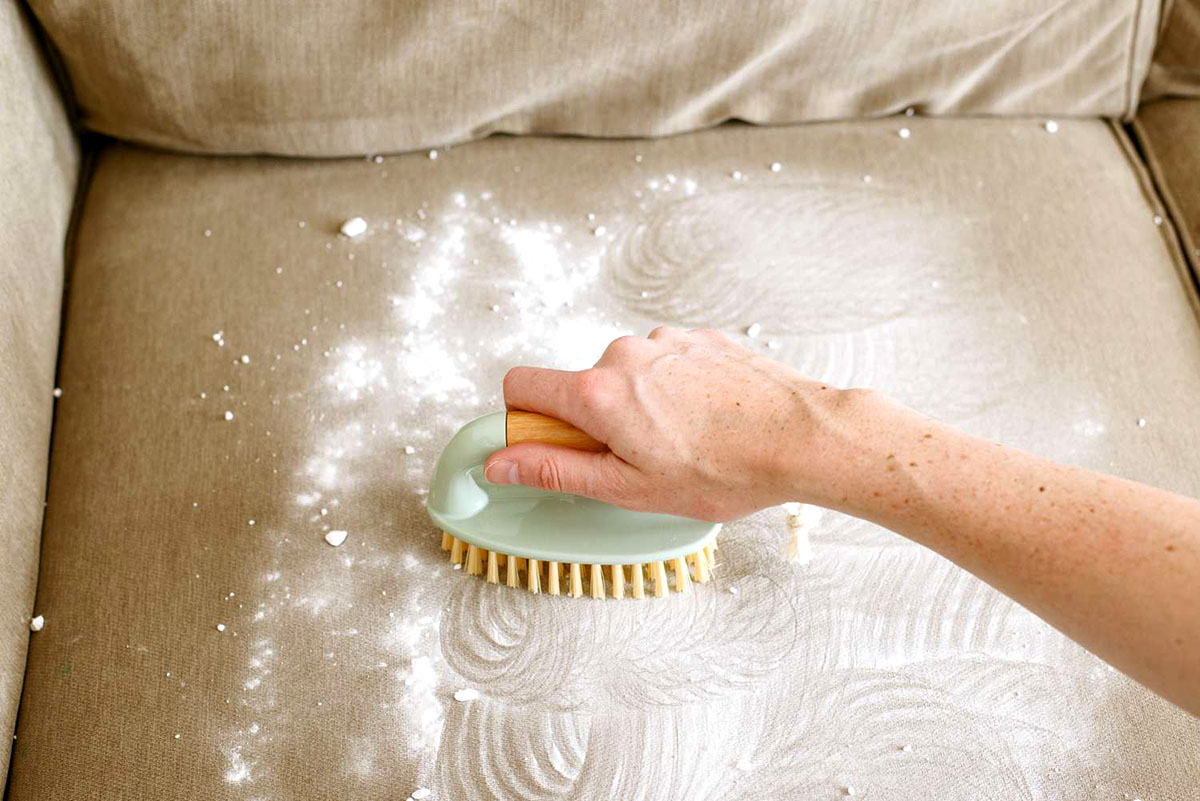
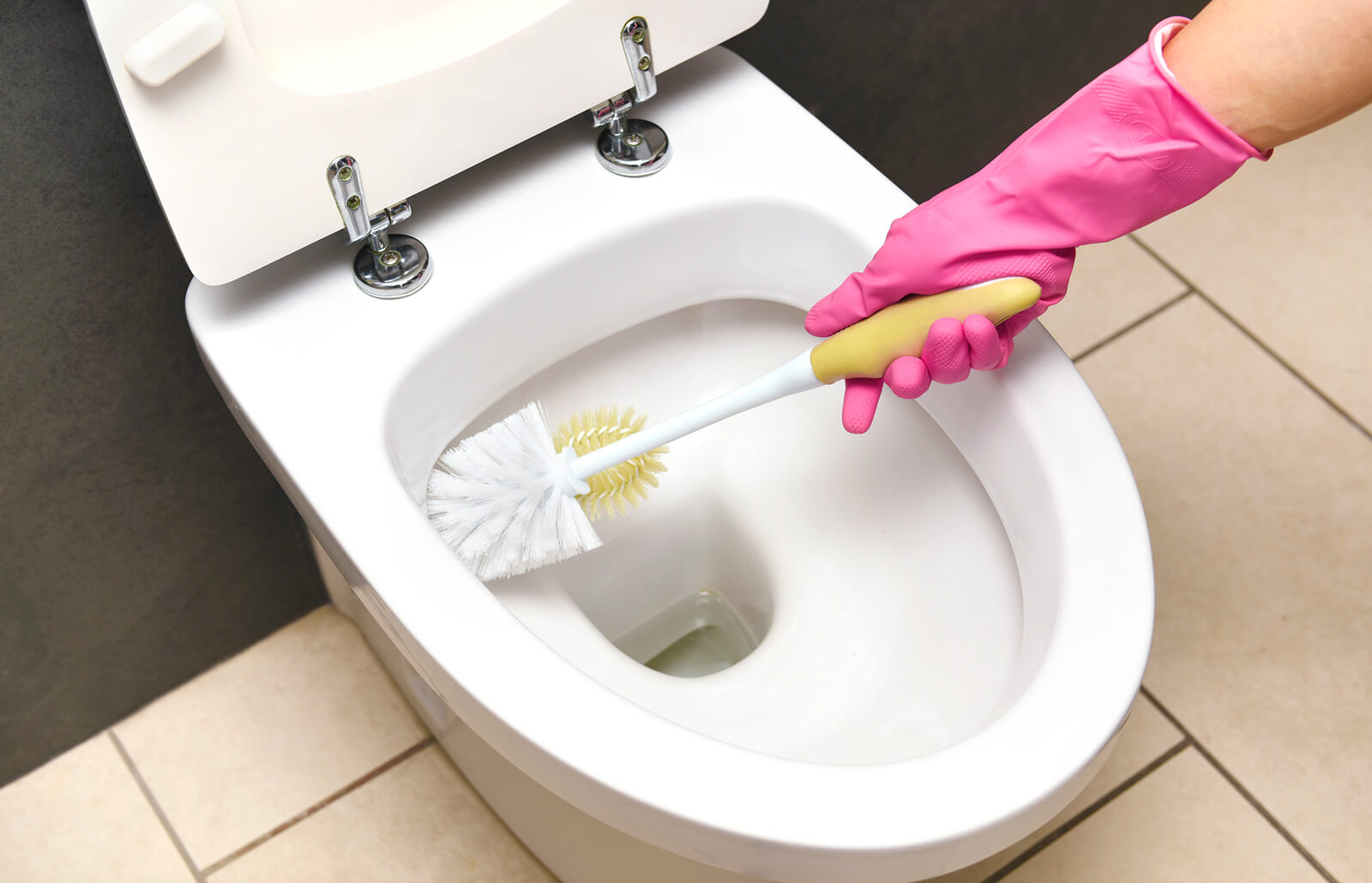
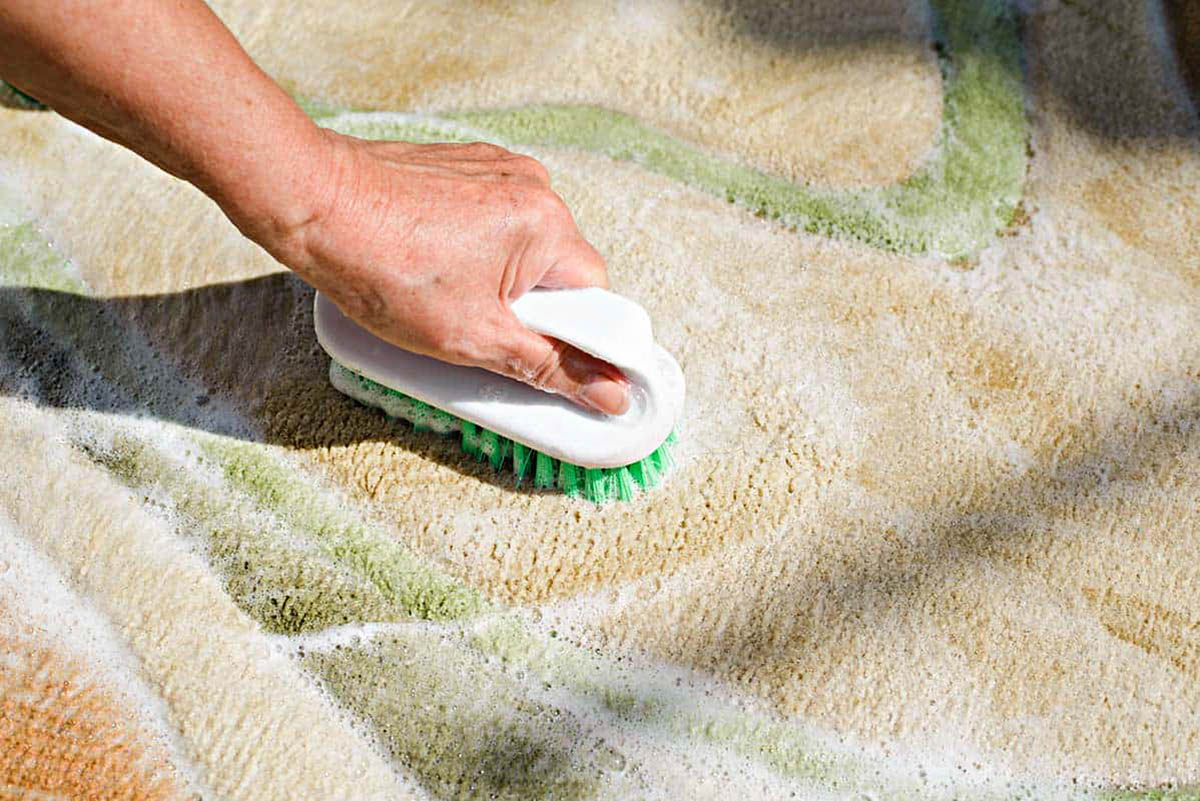
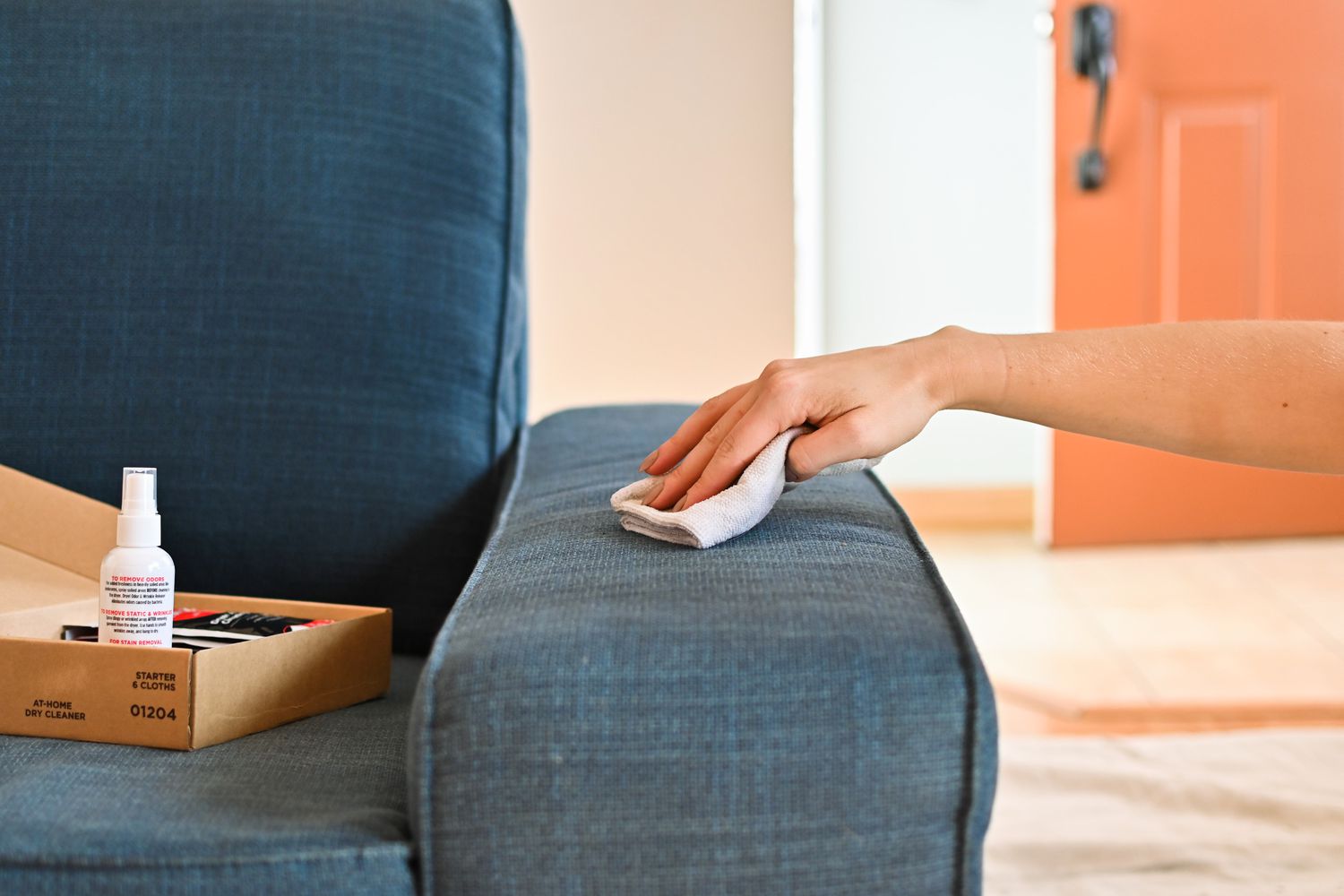
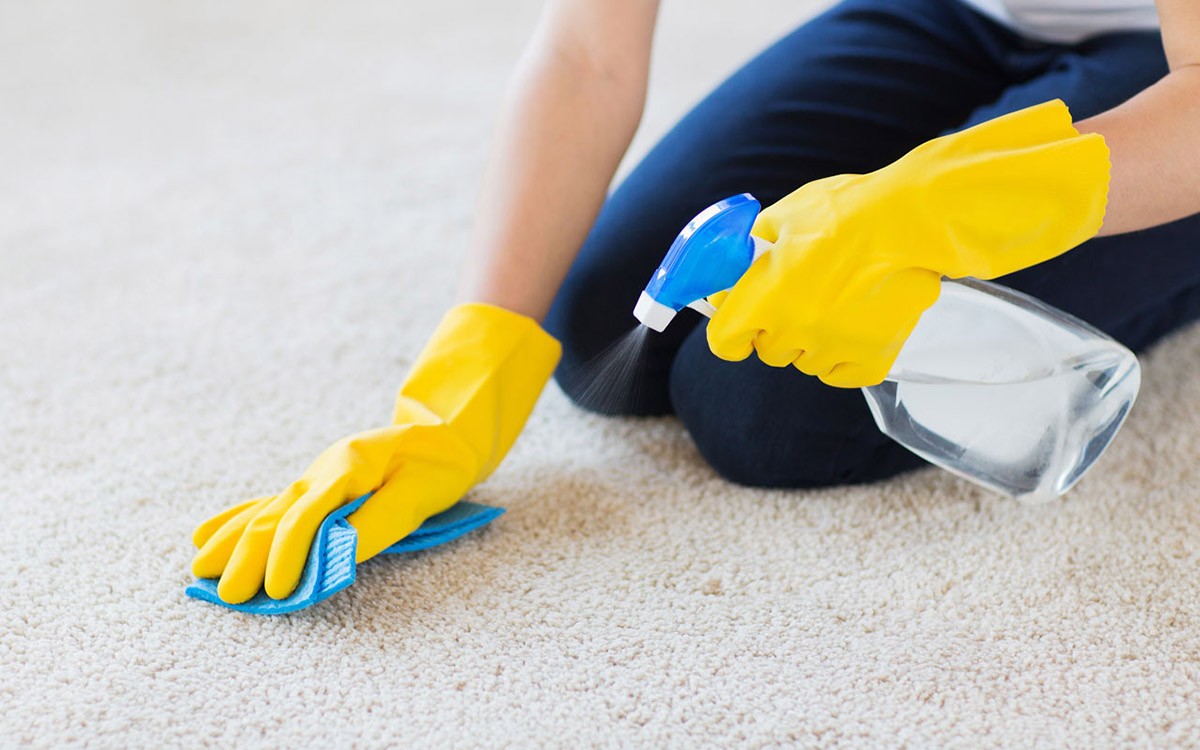
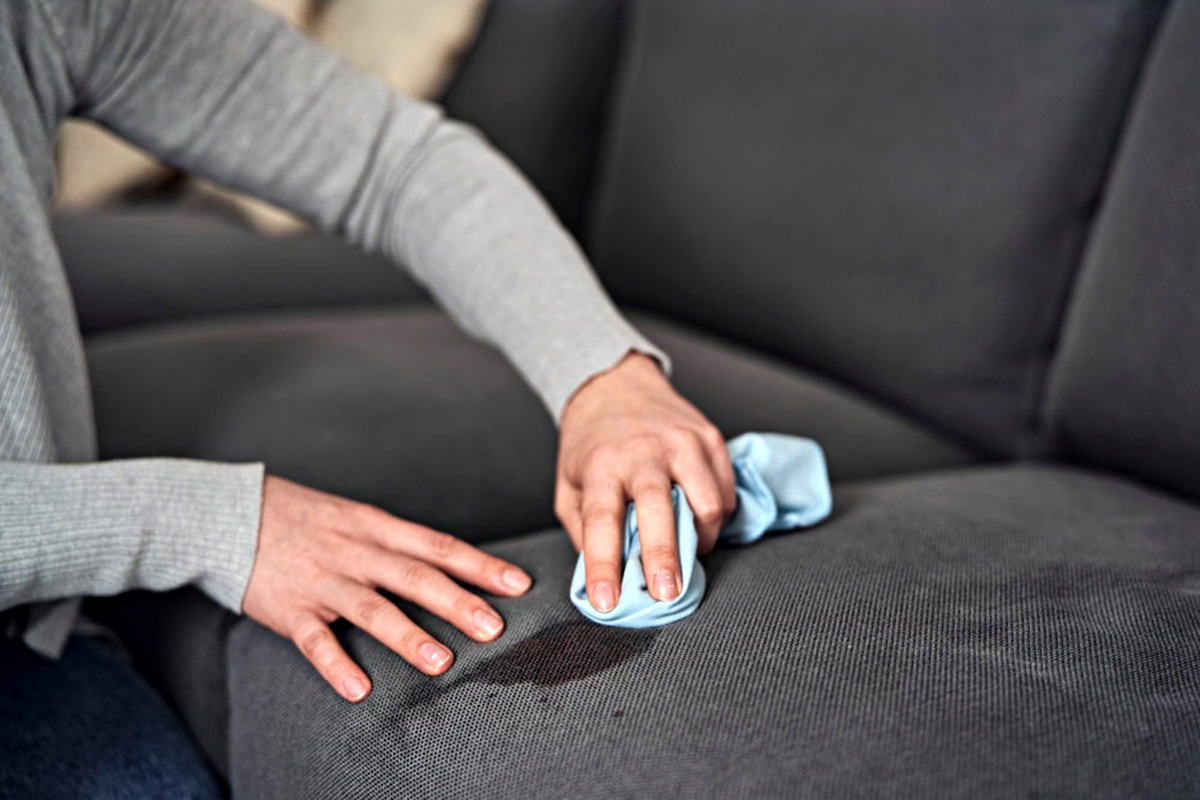
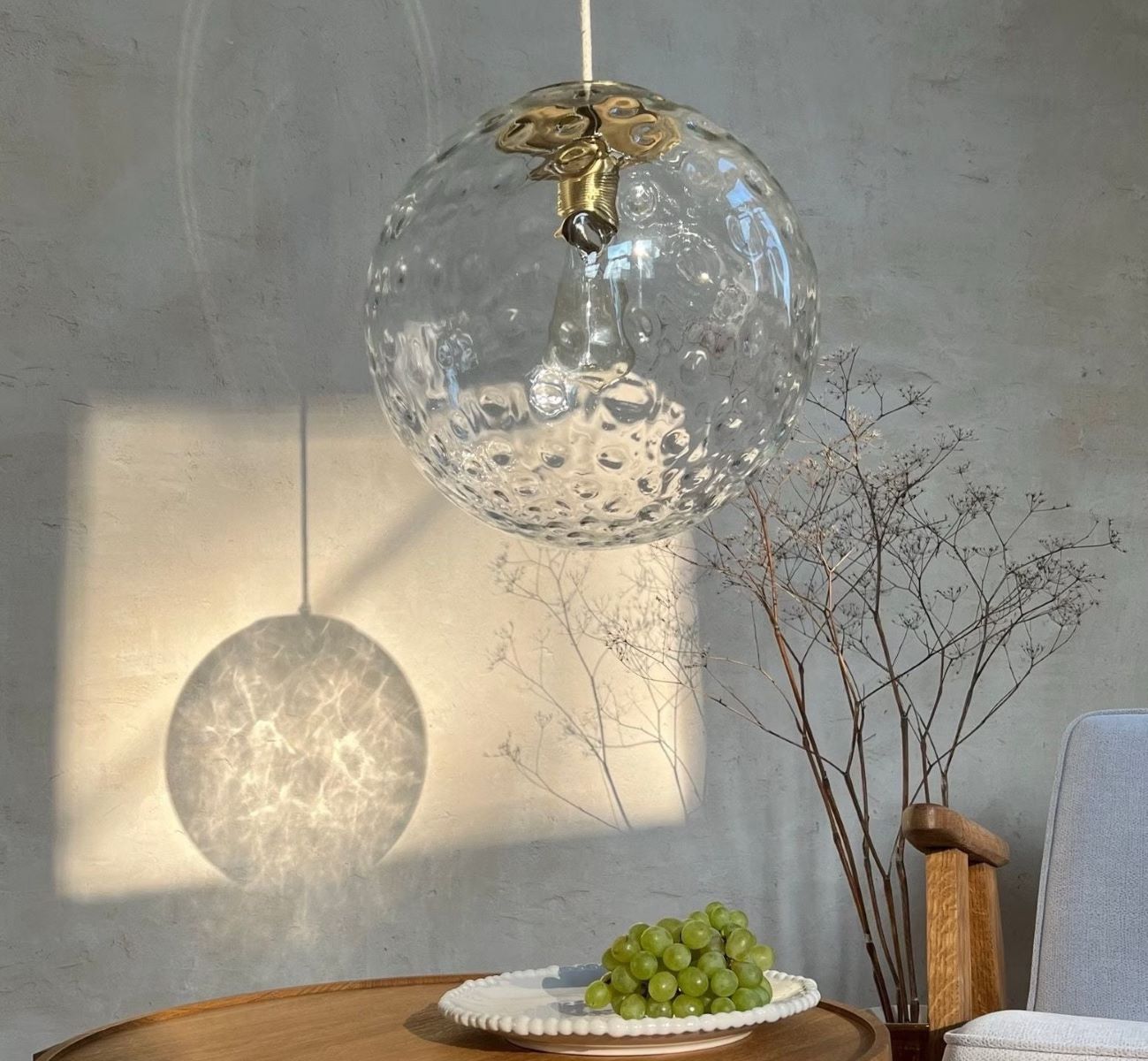
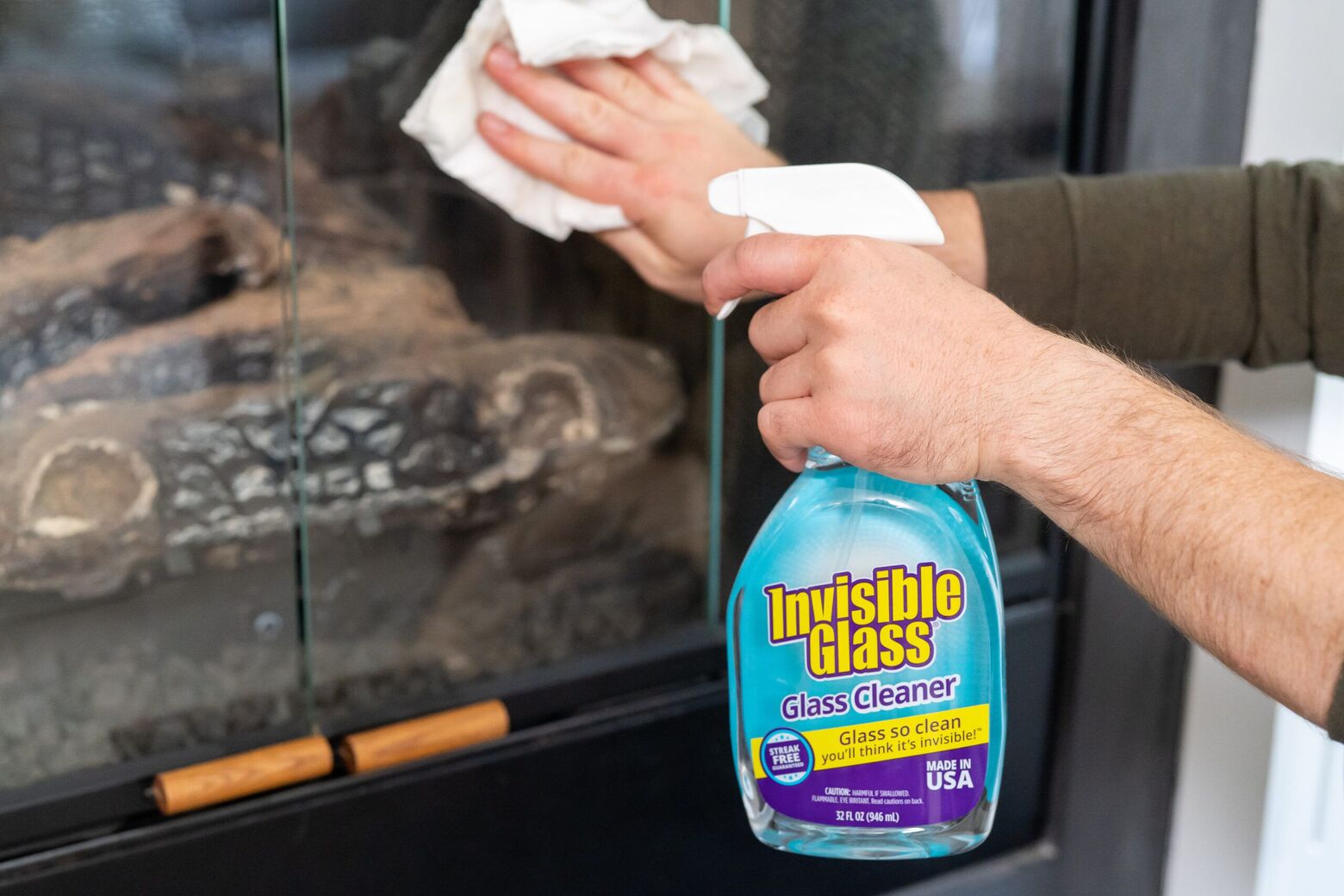
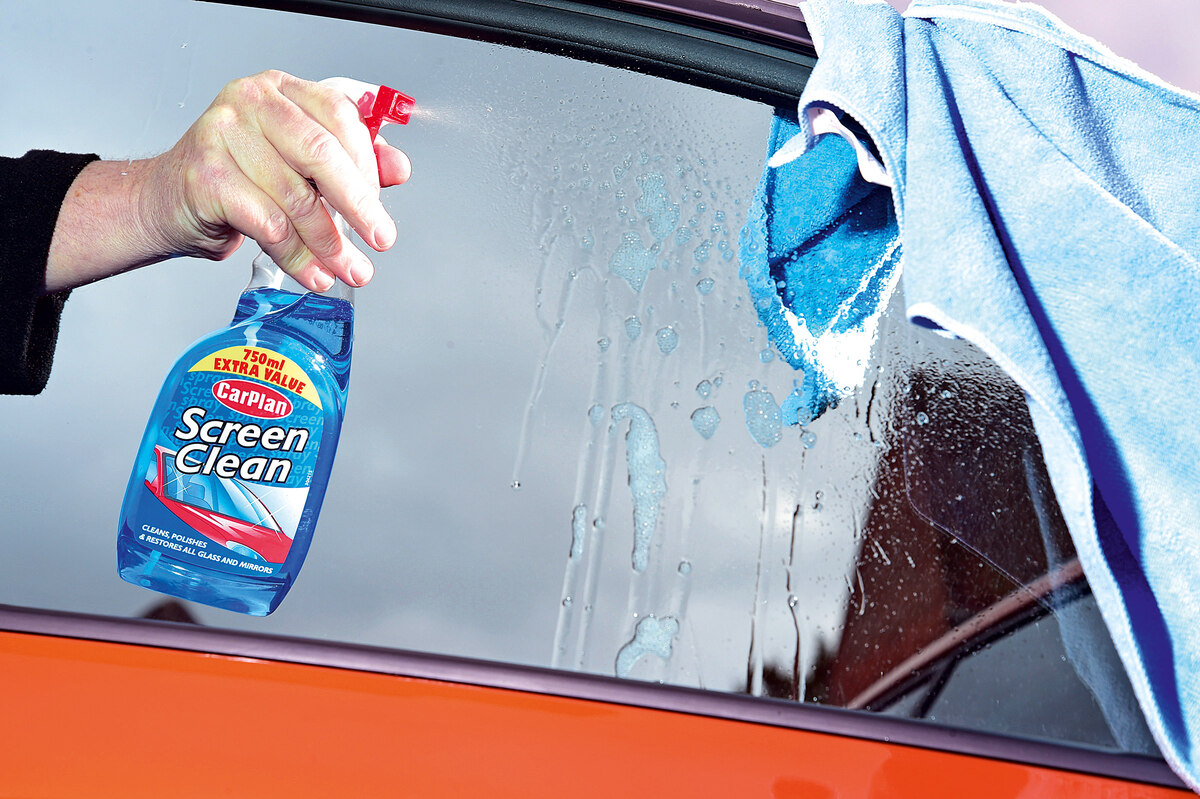
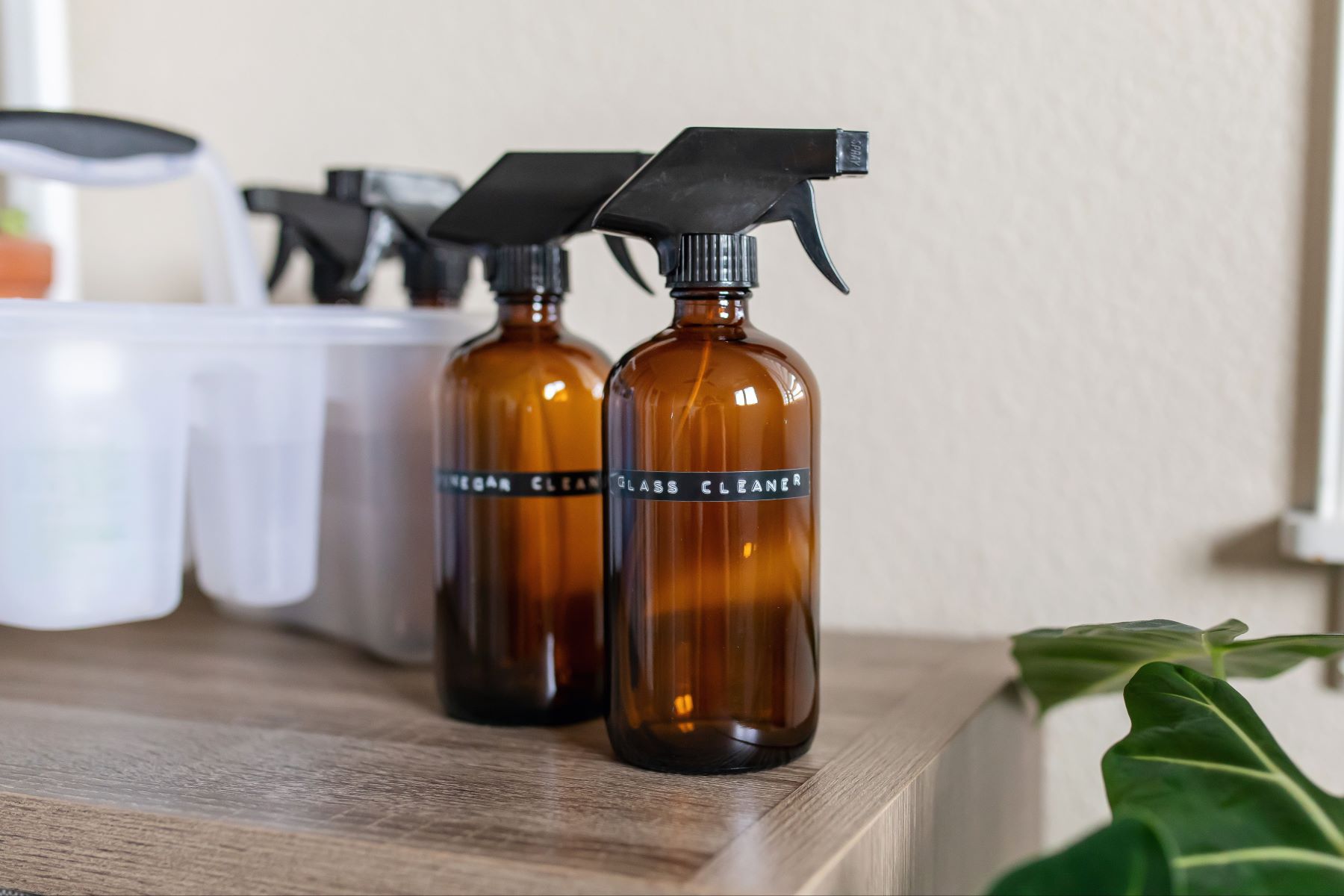
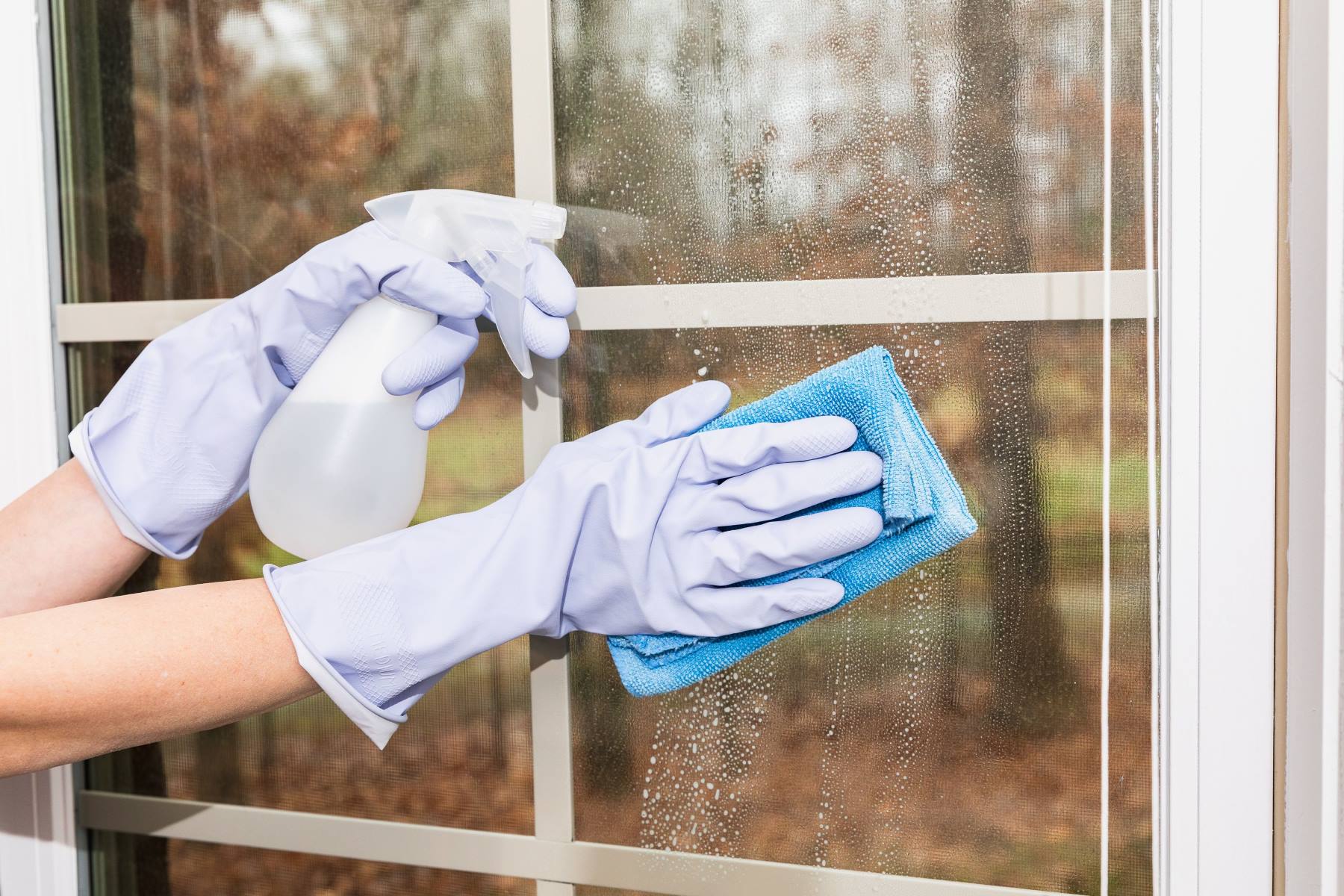

0 thoughts on “How To Clean Glass Without Glass Cleaner”